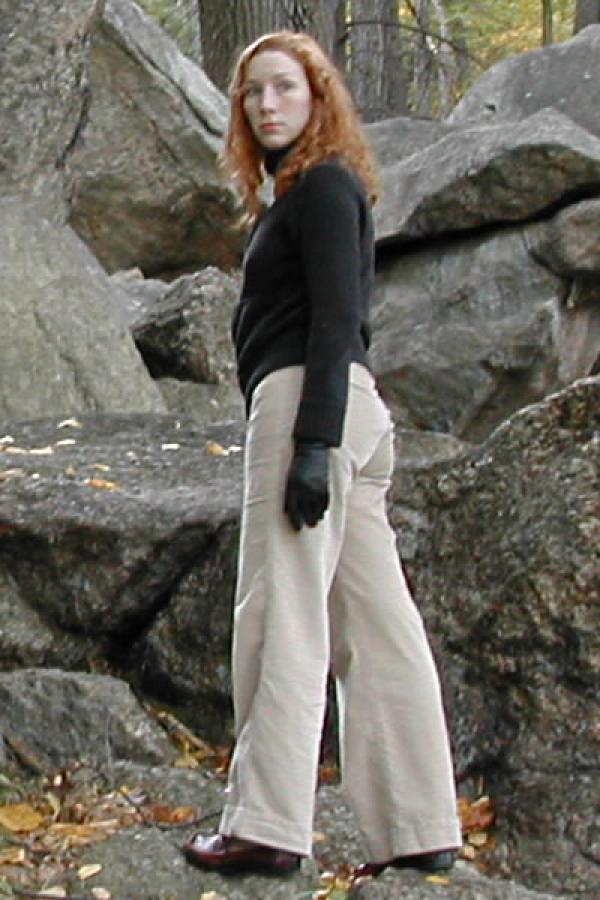Lightsey Darst

Photo courtesy of Lightsey Darst
Bio
Lightsey Darst is originally from Tallahassee, Florida; now she lives in Minneapolis, where she writes dance reviews, curates mnartists.org's "What Light" poetry contest, and teaches English and Humanities. She is currently working on a manuscript of poems called Find the Girl. Previously, she has been supported by the Minnesota State Arts Board and the Anderson Center. Recent work is forthcoming or published in The Antioch Review, The Literary Review, Gulf Coast, and New Letters.
Author's Statement
I suppose there's no bad time to get a fellowship like this. For me, though, the timing feels especially good. I'd been working on a manuscript about the crossing between being a girl and being a woman, a crossing full of danger but wrapped in silence. I was excited about the book -- I believe in the material -- but I hadn't had much luck publishing the individual poems. I was beginning to think of them as little bombs, vicious explosives that no one wanted to touch. And then the phone rang. For me, the NEA fellowship came as a great vote of confidence, one of those affirmations we're all told we shouldn't need or expect but that are oh so wonderful when they come. Getting this fellowship reminds me that I should spread the feeling -- by telling other writers when I like their poetry, by encouraging promising or hard-working students.
Ralph Ellison ends his novel Invisible Man with the words "Who knows but that, on the lower frequencies, I speak for you?" In part, this is a threat to the reader, a reminder that the reader is complicit in all that's gone before. But it is also a promise to the reader: "I speak for you." In the midst of our days, there's a lot we can't say, whole levels of our lives that lie unspoken. Art, to me, speaks for us on those frequencies, shows and articulates what we can't. Sometimes this is unpleasant: we don't want to know or remember some things about ourselves. Sometimes it's a relief: what we thought was ours only is shared. Sometimes it's magic: a feeling we didn't even know we had, set forward as if it were our own hearts speaking. But whatever else it is, it is essential. You can get in trouble with the word truth, because to some degree we all have our own truths. But I have to admit that's what I seek in poetry: some truth, some true way of saying what lies below the surface in my and I hope in others' lives.
"Search Goes On"
Body might
be abducted five year old: search
goes on the wrecked semi standing over you her
father you can shiver, you're alive
Don't worry we won't stop uprooting trees for her
loved skin taken
as a shirt you were that close
to being crushed, the daffodils
will bloom in spring in these woods--petal-orange tape
marking where we've been / All
under the decaying trunks more is decaying,
leaf-mold and click-beetle, carapace and grub, centipede
trickling away into fern, wood rotten into dirt, worn
and pale blue fungus like bits of flesh. Rhododendron flower
and girls are still alive in the mountain town
nearby, sharp-toothed or ugly girls hiding
behind jars of candy sticks or carved clocks.
Tick. She's been gone a long time, look how
the postcard in the mail shows her aged five years, you don't
recognize her Tock. You won't. Not when she
sells you rotten apples, prays for you, or waves you gone.

